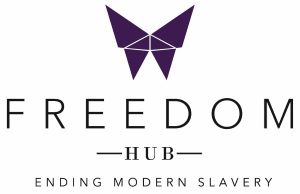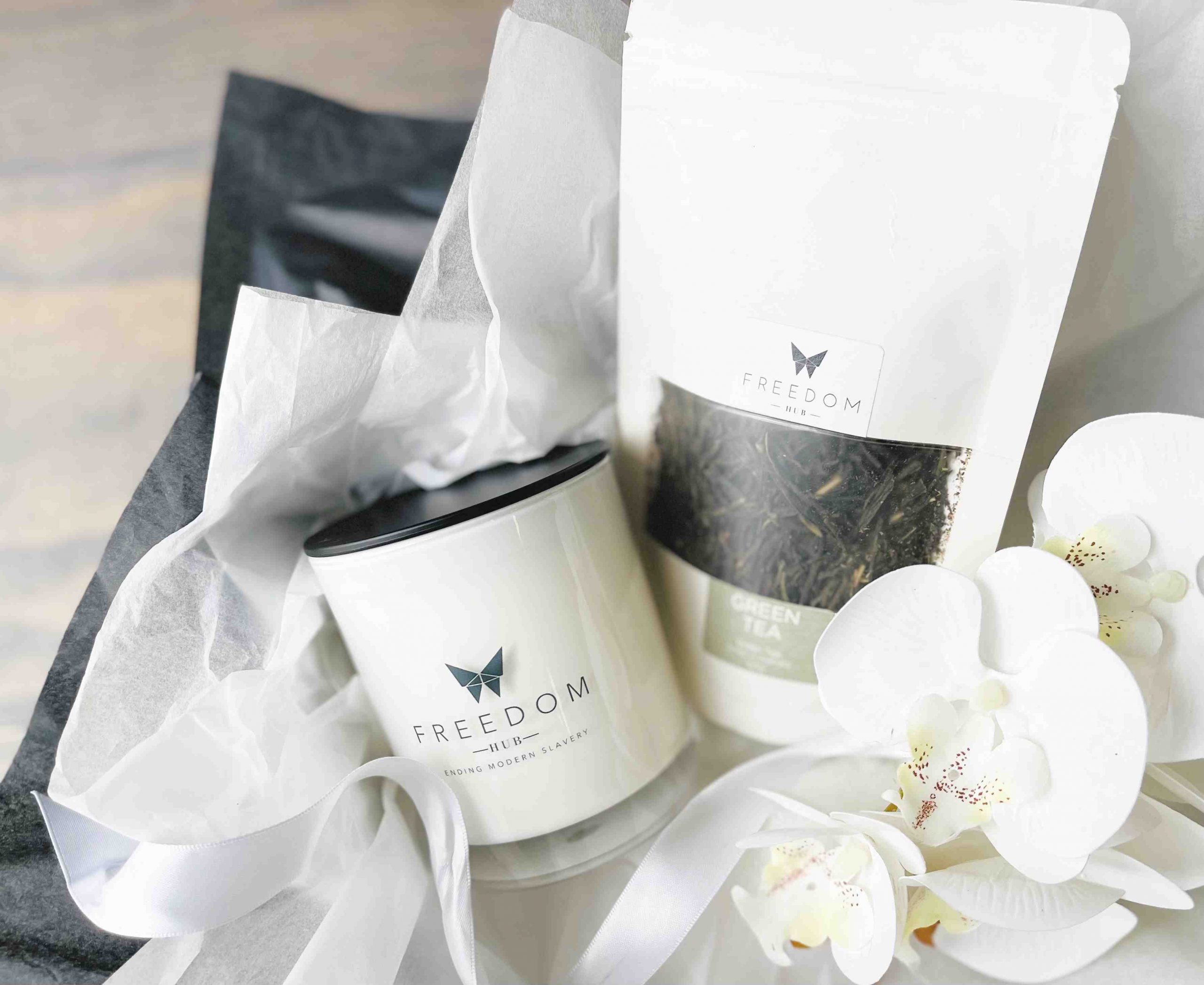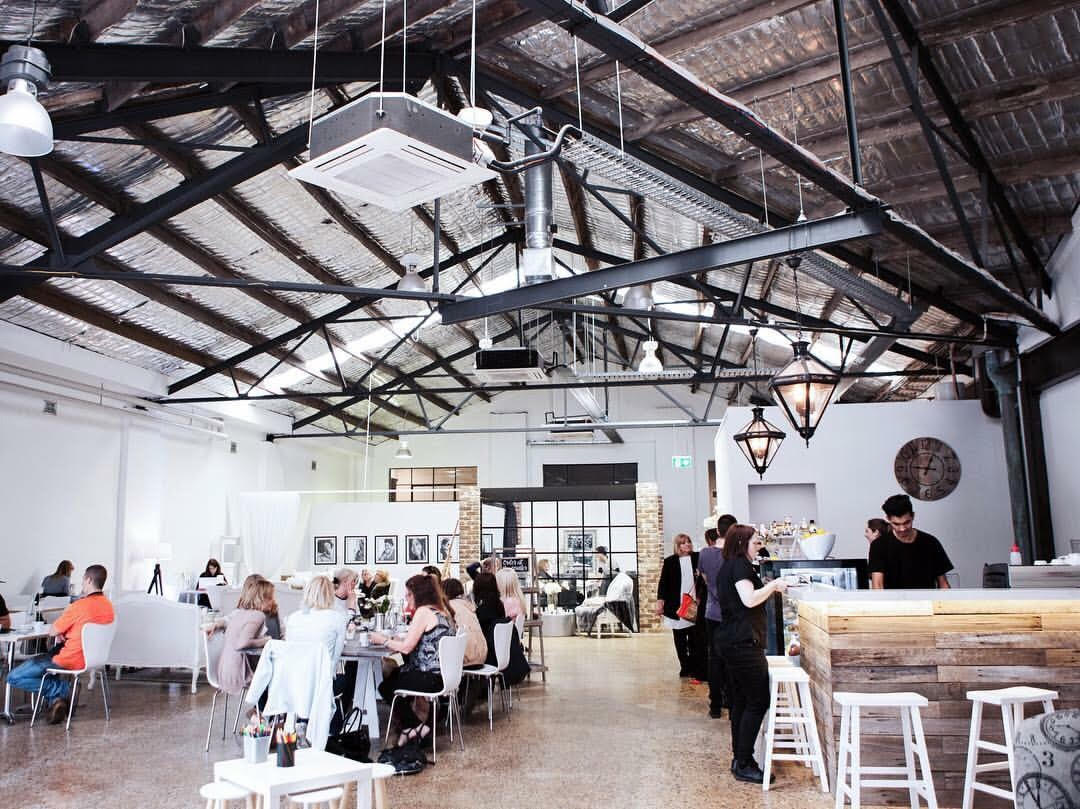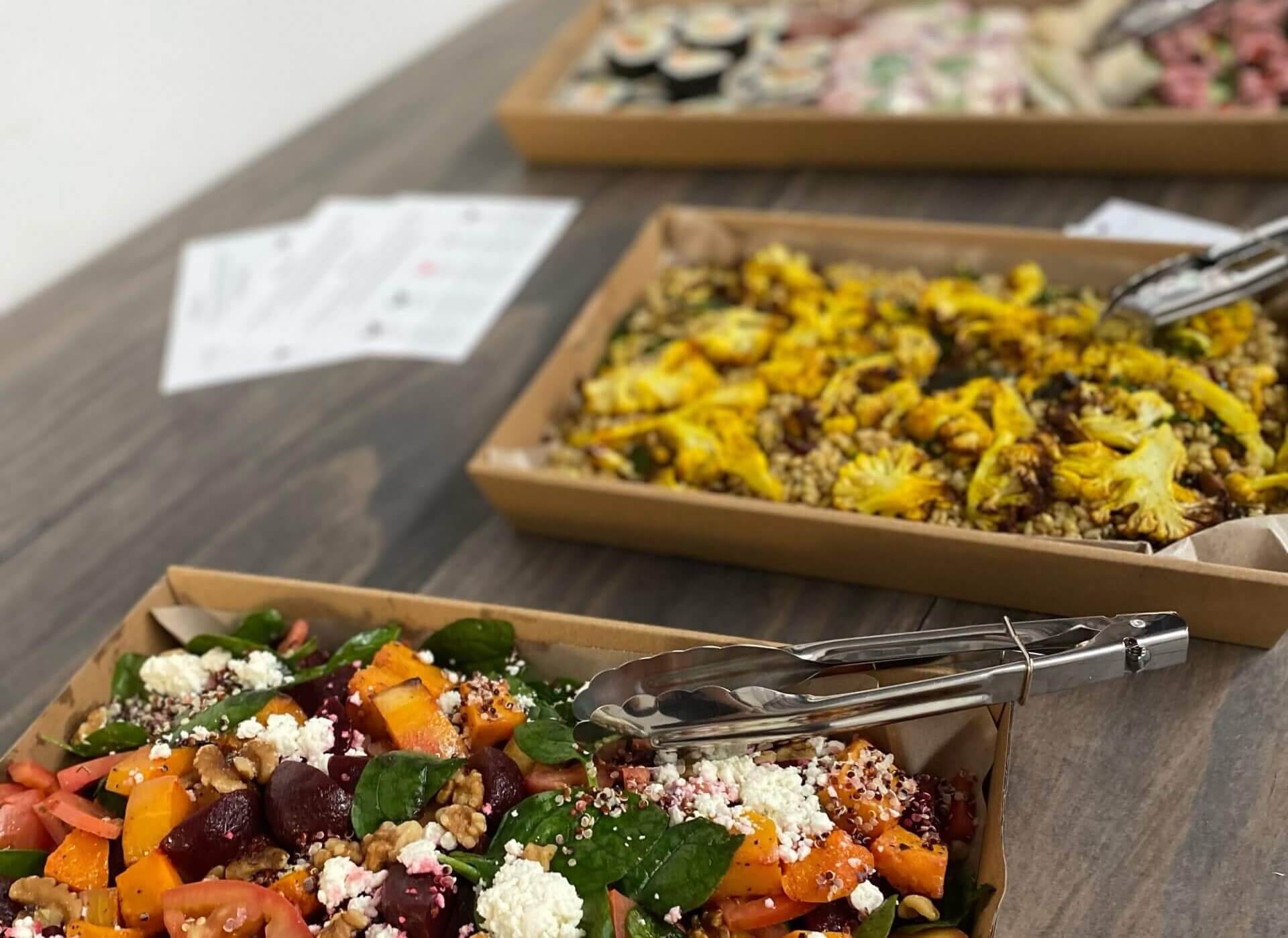Modern Slavery in Australia
Understanding and taking action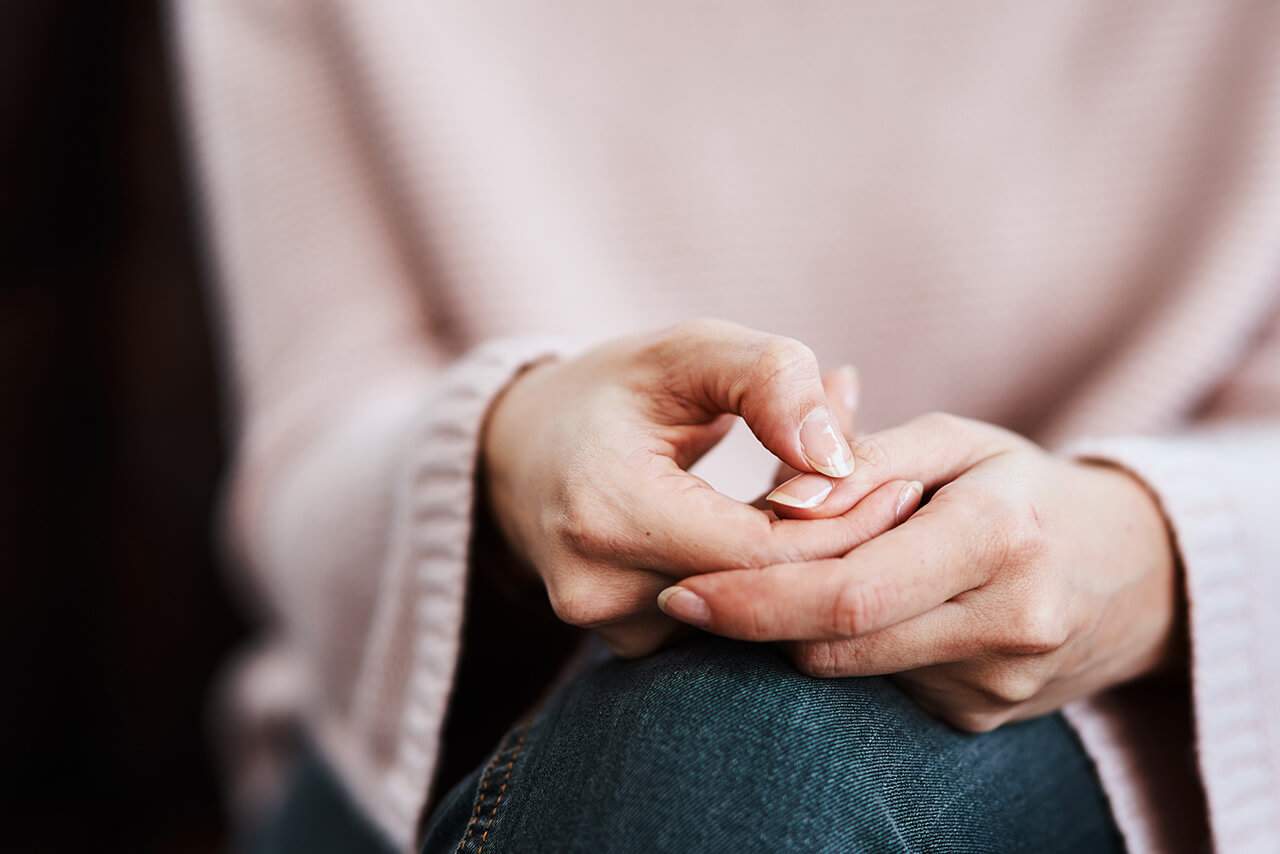
Modern slavery still exists and, in fact, is a hidden issue in modern society. It affects millions of people worldwide, including thousands here in Australia, and often goes unnoticed in our communities.
What is Modern Slavery?
Modern slavery refers to various forms of severe exploitation where individuals are unable to refuse or leave their situation due to threats, coercion, deception, or abuse of power.
Common types of modern slavery include:
- Human trafficking
- Slavery
- Servitude
- Forced labour
- Debt bondage
- Forced marriage
- False recruitment
- The worst forms of child labour.
Modern Slavery Is A Global Crisis
Modern slavery is a global crisis that affects an estimated 49.6 million people worldwide. The Asia-Pacific region, including Australia, has some of the highest rates of modern slavery, with approximately 29.3 million people affected. This widespread issue touches every part of the world, including communities close to home.
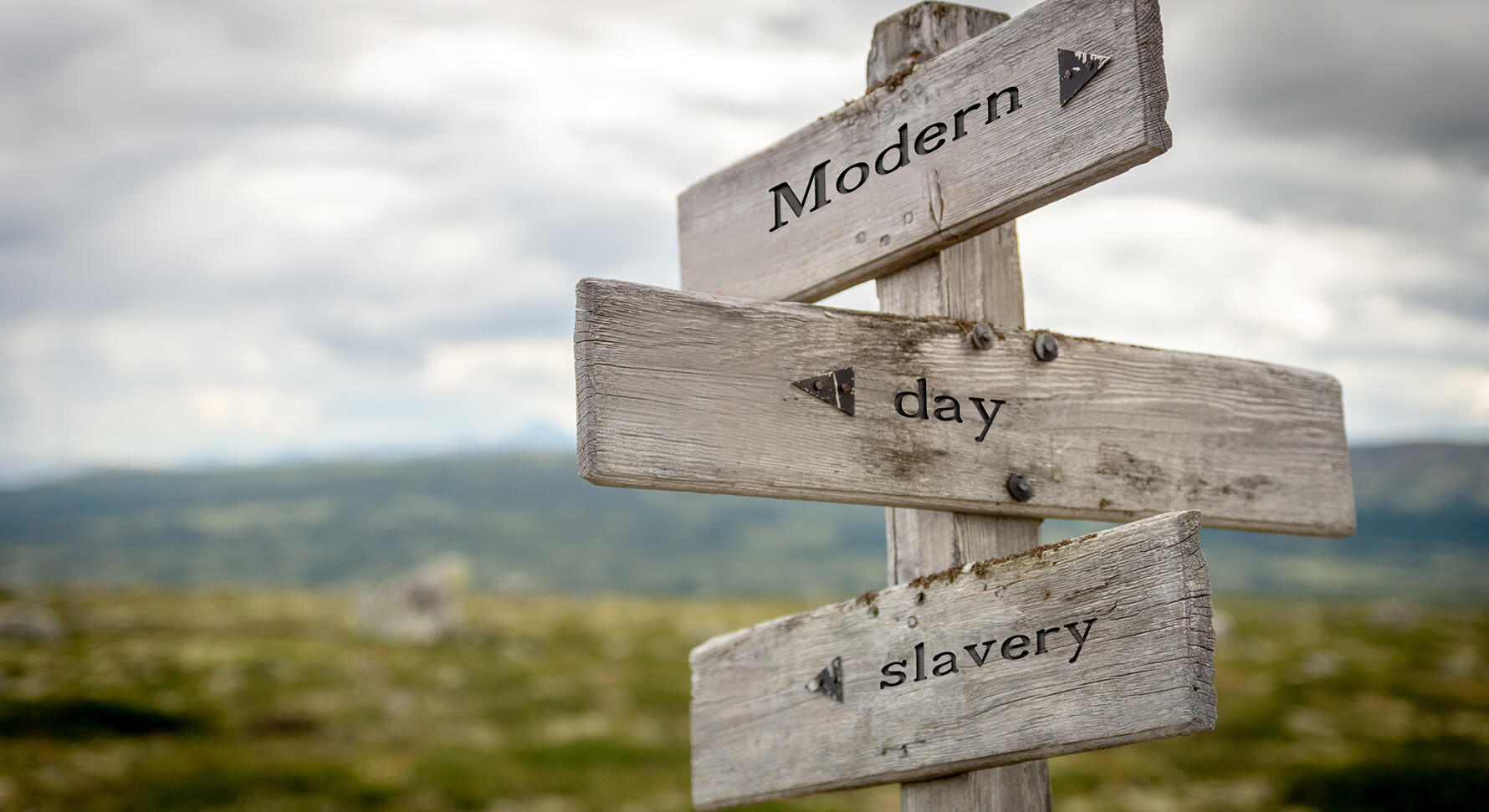
Who Are the Victims of Modern Slavery?
Victims come from all walks of life, but vulnerable individuals, such as migrants, those living in poverty, and people experiencing discrimination, are vulnerable, and research shows women and girls are most at risk. Many are coerced through deceptive promises of work or safety.
How Does Modern Slavery Impact Victims?
Victims face severe physical, emotional, and psychological trauma. They often endure abuse, isolation, and deprivation of fundamental human rights, leaving lasting scars even after escaping their situation.
How Can I Identify Modern Slavery?
Signs may include individuals who seem fearful, have restricted movement, lack personal documents, or appear to be under someone else’s control. These signs are often hidden in plain sight.
The 11 key indicators of modern slavery, as defined by the International Labour Organization (ILO), include:
Abuse of Vulnerability
Taking advantage of a victim’s vulnerabilities, such as economic hardship or lack of education.
Deception
Misleading victims about the nature of the work or conditions they will face.
Restriction of Movement
Limiting victims’ freedom of movement to keep them in the exploitative situation.
Isolation
Keeping victims isolated from others, preventing them from seeking help.
Physical and Sexual Violence
Using violence to intimidate and control victims.
Intimidation and Threats
Threatening victims or their families to maintain control.
Retention of Identity Documents
Confiscating identification documents to prevent victims from leaving.
Withholding of Wages
Refusing to pay victims or keeping their earnings as a means of control.
Debt Bondage
Forcing victims to work to repay debts that are impossible to clear.
Abusive Working and Living Conditions
Subjecting victims to unsafe or degrading working and living environments.
Excessive Overtime
Compelling victims to work excessive hours beyond legal or contractual agreements.
Who to contact?
If you are concerned about someone in your community, get in touch through one of the organisations below:
- If you or someone you know is in immediate danger, call 000.
- Call The Freedom Hub on 1800freehub (if the victim has asked for help)
- Call the Australian Federal Police Human Trafficking Team on 131 AFP (131 237) or email [email protected].
- Housing
- If you are concerned about their mental health or potential suicide, call Lifeline Australia on 13 11 14 or text them on 0477 13 11 14
- My Blue Sky
The Hidden Crisis: Realities of Modern Slavery in Australia
Modern slavery is more common in Australia than you might realise. According to the 2021 Global Slavery Index, approximately 41,000 people are experiencing modern slavery in Australia. This is a hidden crisis taking place in our neighbourhoods and communities.
The common indicators of slavery, namely deception, coercion, force, threat and abuse, are all human rights issues and, in many cases, may also involve child protection and gender inequality.
We call these types of exploitation modern slavery. They are punishable under the Criminal Code Act (1995) in Australia.
The more common forms of modern slavery prevalent in Australia are:

Forced Marriage
Marriage is supposed to celebrate love, but for many in Australia, it is anything but. Forced marriage is a significant form of modern slavery, accounting for around 30% of all reported cases between 2022 and 2023. It is different to an arranged marriage as the victim is coerced by family members and does not consent to the marriage. This means that they have been stripped of their freedom of choice.
At The Freedom Hub, we support survivors, helping them reclaim their independence and dignity.
Forced Labour
Forced labour continues to be widespread in Australia. Victims/Survivors are often migrants who are promised legitimate work, and their visa status is attached to the employer. This leaves them vulnerable to abuse as they cannot leave. They find themselves trapped in jobs with threats of violence or deportation keeping them there. These individuals usually work in underregulated sectors, such as agriculture, hospitality, or domestic services.
The Freedom Hub provides a safe place for victims to assess their options, access vocational training for work readiness, and receive peer support.
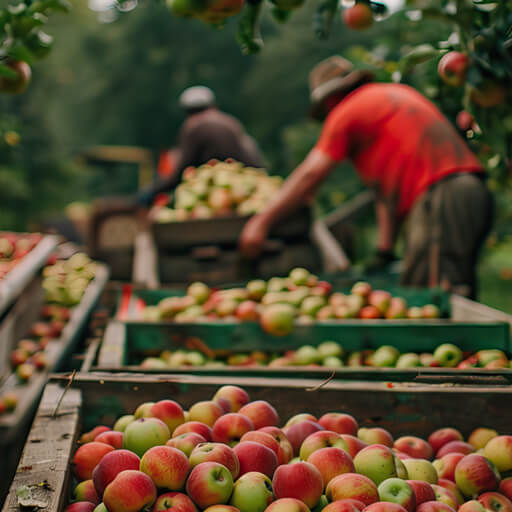
Human Trafficking
Human trafficking is a growing threat both globally and in Australia. It involves moving the victim against their will, deceiving or coercing people into exploitation, including forced labour and sexual exploitation. Victims are controlled through threats, confiscation of identification documents such as their passports, or abuse.
The Freedom Hub provides resources and support for survivors. We also work to raise awareness to prevent trafficking.
Your Purchases May Be Supporting Modern Slavery
Modern slavery is often hidden within the supply chains of the products we buy every day. Where businesses source their materials and where we shop can unknowingly support modern slavery. Industries such as agriculture, fashion, electronics, cleaning and construction are especially prone to exploitation. By holding companies accountable and making informed purchasing decisions, we can help reduce the prevalence of modern slavery in supply chains.
Why Does Modern Slavery Happen?
Factors like poverty, lack of education, economic instability, discrimination, and migration drive modern slavery. Vulnerable individuals are targeted, and industries with insufficient oversight, such as agriculture, garment manufacturing, and construction, often rely on exploitative labour practices. Addressing these root causes is critical to preventing exploitation.
Addressing Modern Slavery
Ending modern slavery requires a collaborative effort. Governments, businesses, and individuals all have a role to play in bringing about change.
Broader efforts to combat modern slavery include:
- Legislation: Laws, like the Australian Modern Slavery Act 2018, in various countries aim to address and prevent modern slavery through stronger legal frameworks.
- Corporate Responsibility: Businesses are required to be responsible for assessing and addressing slavery risks within their supply chains.
- Raising Awareness: Increased awareness and training to help individuals recognise the signs of modern slavery and take action.
- Supporting Vulnerable Populations: Providing support to at-risk communities can help prevent them from becoming a victim of modern slavery.
- Strengthening Law Enforcement: Improving law enforcement efforts and prosecuting offenders are crucial to dismantling the networks that perpetuate modern slavery.
By understanding and addressing the complex factors driving modern slavery, we can work towards its elimination and protect the rights and freedoms of all individuals.
The Freedom Hub's Role in the Fight Against Modern Slavery
At The Freedom Hub, we work to support survivors of modern slavery and prevent further exploitation. Our initiatives include:
Survivor Support: The Freedom Hub offers vocational training and recovery support to those who have escaped exploitation through our Survivor School.
Community Engagement: Raising awareness about modern slavery through education and partnerships.
Advocacy: Lobbying for stronger anti-slavery laws and increased corporate responsibility.
Business Advisory Services: The Freedom Hub’s Business Advisory Service helps companies assess risks, implement ethical practices, and ensure their supply chains are free from modern slavery.
Survivor Support
The Freedom Hub offers vocational training and recovery support to those who have escaped exploitation through our Survivor School.
Community Engagement
Raising awareness about modern slavery through education and partnerships.
Advocacy
Lobbying for stronger anti-slavery laws and increased corporate responsibility.
Business Advisory Services
The Freedom Hub’s Business Advisory Service helps companies assess risks, implement ethical practices, and ensure their supply chains are free from modern slavery.
How Can I Help End Modern Slavery?
You, too, can make a difference by
Help raise Awareness
Educate others about modern slavery and help recognise the signs. Follow us on social media and share our posts.
Support Survivors
You can sponsor a survivor’s recovery or buy them a gift. Even just coming to our cafe or engaging our services will help provide survivors with counselling, education, and employment opportunities.
Advocate for Change
Connect with local political representatives to advocate for stronger legislation, better industry regulation, and corporate accountability around modern slavery.
Ways To Help Through The Freedom Hub
We make getting involved and helping in the fight for freedom. Here are some of the ways you can join with us to make a difference:
Donate or Purchase Ethical Products
Support our work by donating or buying from our ethical shop. 100% of the profits of every purchase help fund survivor support programs.
Visit Our Café
Located in Waterloo, Sydney, every cup of coffee and every meal helps fund our mission to end modern slavery in Australia.
Corporate Catering
Let us cater your next event in Sydney. All proceeds support our programs to help survivors of modern slavery.
Venue Hire
Host your next event at The Freedom Hub’s beautiful Waterloo venue. All proceeds support our programs to help survivors of modern slavery.
Business Advisory Services
Partner with The Freedom Hub through our Business Advisory Services to help your company implement ethical practices and support the fight against modern slavery.
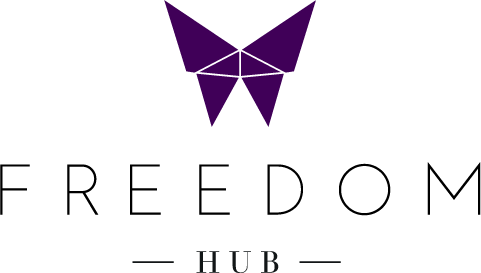
Spread the Word
Share our mission with your friends and family to help raise awareness.
Join Us in the Fight Against Modern Slavery
Modern slavery is not an issue of the past; it’s happening now within our communities. We can work towards ending this together by taking action, raising awareness, and supporting those affected.
Join us in creating a future without slavery—a future where freedom is a reality for everyone.
